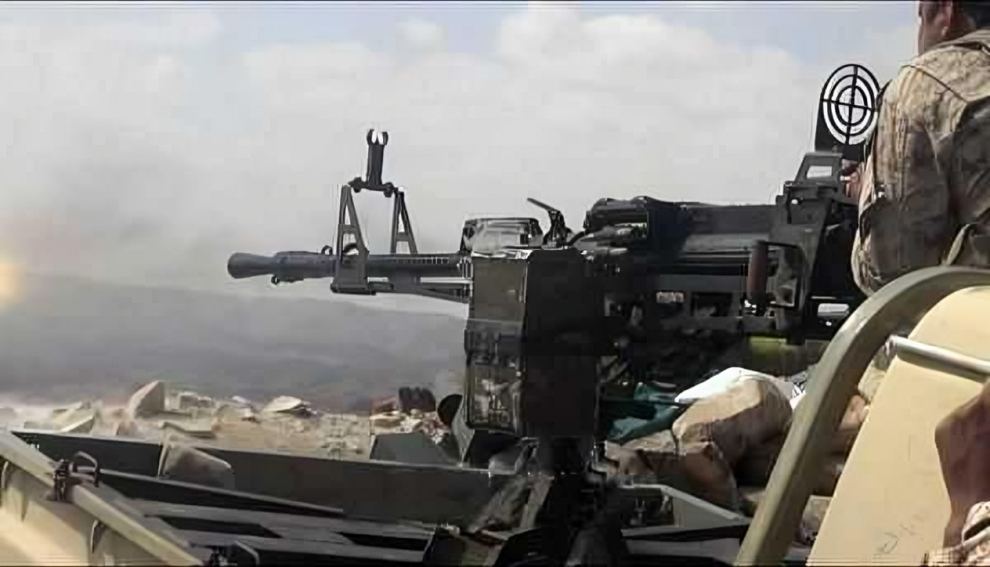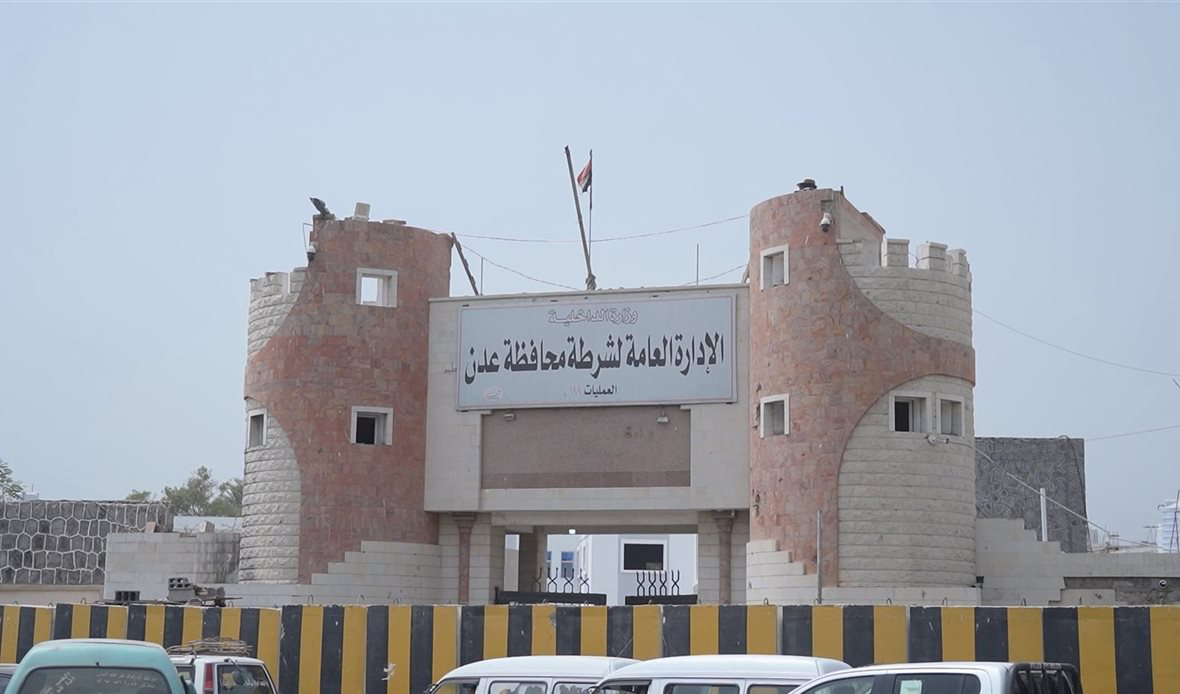
Barran Press
Yemeni Information Minister Muammar Al-Eryani today announced that the Iran-backed Houthis have released a new group of Al-Qaeda leaders and members. Among those freed are prominent figures Abu Musab Al-Rada’i and Abu Mohsen Al-Awlaki.
In a statement carried by Yemen's state news agency, Saba, Minister Al-Eryani asserted that this action further demonstrates an ongoing collaboration between the Houthis and terrorist organizations, which he claims is directly sponsored by Iran. He accused the Houthis of actively working to undermine Yemen’s national institutions, contributing to a climate of violence and extremism, and expanding the scope of terrorist activities within the region.
The minister emphasized what he described as a documented history of Houthi cooperation with both Al-Qaeda and ISIS since their seizure of power. He cited the release of hundreds of detainees from political and national security prisons in Sana’a as evidence. Specific instances highlighted included the alleged release of 20 individuals identified as terrorists in November 2018, six Al-Qaeda members in December 2019, and three high-profile operatives linked to the 2020 assassination of Saudi diplomat Khaled Sbeitan Al-Anzi.
Al-Eryani also pointed to the reported release of 43 Al-Qaeda members in April 2020, including Abdullah Al-Minhali, who was previously detained in Hadramout, as well as two others in February 2023. He drew attention to a 2024 UN Security Council report that detailed increasing cooperation between the Houthis, Al-Qaeda in the Arabian Peninsula (AQAP), and Al-Shabaab in Somalia, characterizing the findings as deeply concerning.
Furthermore, Al-Eryani referenced a May 2024 report by The Telegraph, which alleged that the Iran-backed Houthis had provided drones to Al-Qaeda and engaged in prisoner exchanges, with the aim of consolidating control over southern provinces. That report cautioned about the potentially destabilizing consequences of such an alliance for Yemen’s already precarious situation.





